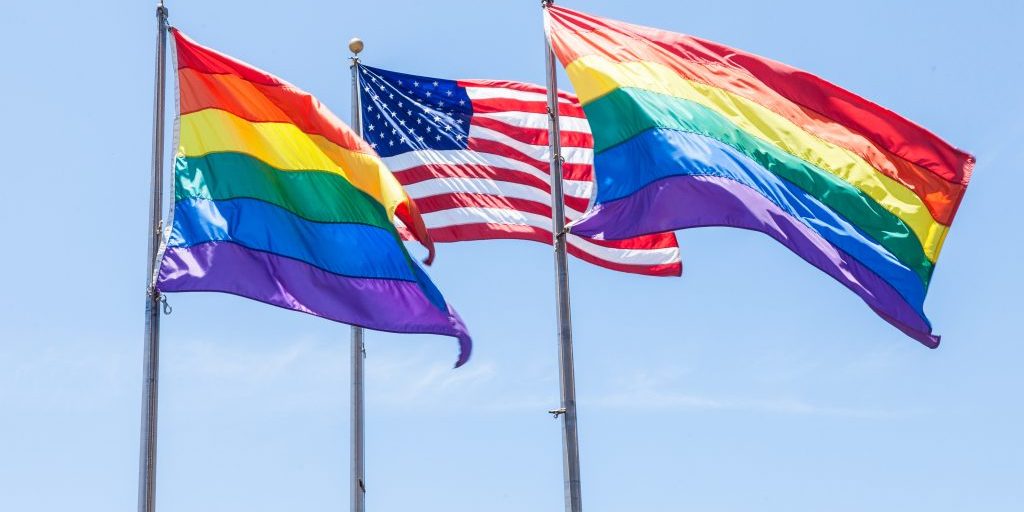Illinois Becomes Second State to Enact Gay Panic Law
BY Tami Kamin Meyer

LISTEN
When a law barring Illinois defendants from claiming they committed murder after learning the victim’s sexual identity went into effect in early January, that state became the second to enact such legislation.
California was the first state to enact the so-called Gay Panic law in 2014. The year before, the American Bar Association (ABA) unanimously passed a resolution encouraging legislators in all 50 states to pass Gay Panic legislation. Currently, similar laws are pending in New Jersey, Washington State and the District of Columbia.
In an NPR interview after the Gay Panic law he introduced to the Illinois Senate passed 41-0 last May, state Senator Daniel Biss said, “As we continue to take steps to ensure equal rights for those in the gay, lesbian and transgender community, the government must send an unmistakable signal that sexual orientation should never be grounds for committing an act of violence.” Biss, a Democrat, is currently running for Governor of Illinois. Democrat Litesa E. Wallace, who as an Illinois state representative sponsored similar legislation in the state’s House, is seeking to become the state’s Lt. Governor.
Just what is a Gay Panic law? According to Brian C. Johnson, CEO of Equality Illinois, a LGBTQ advocacy group based in Chicago:
“The gay and trans defense allows people charged with murder to claim uncovering the identity of the victim as gay or lesbian made them respond irrationally enough to kill.”
Anthony Michael Kreis, a visiting professor of law at the Chicago-Kent College of Law, says the Gay Panic defense “blames the victim for aspects of their life and that’s patently unfair.” He teaches about family law, employment discrimination, and LGBT rights and the intersection of law and society.
Johnson adds, “Our identity should never be a reason to murder us.”
The recent implementation of Illinois’s Gay Panic law was a “slow progression,” says Johnson. Discussions across the country about the need for such legislation began after Matthew Shepard was murdered in Wyoming in 1998, but it was not until the ABA’s 2013 resolution that those rumblings began to solidify.
In 2015, Johnson’s organization began advocating for the implementation of the Gay Panic law in Illinois. “As our legislators got more educated, it was clear there was great support of this common-sense initiative,” he says.
When Kreis moved to Chicago in 2016, he emailed the Policy Director of Equality Illinois to introduce himself and offer assistance on any matters they might need help with. When Kreis lived in Georgia from 2011 to 2016, he often testified before the Georgia legislature on LGBT issues and he wanted to continue his advocacy efforts in his new home state.
That email led Kreis to become involved in Equality Illinois’s efforts to outlaw the Gay Panic defense in Illinois. He soon discovered the language Illinois was contemplating for the legislation, borrowed from California, “wasn’t the best example of legal writing,” he says. He reworked the proposed law, which eventually passed unanimously.
That victory was monumental in LGBTQ history because it marked the first time LGBTQ Civil Rights legislation passed unanimously on a roll call vote in the United States, says Kreis. Not only did the measure pass without opposition, the state’s Republican governor signed it into law.
He says the successful effort was “testament to the grassroots efforts involved in educating legislators and the community about this issue.”
LATEST STORIES



